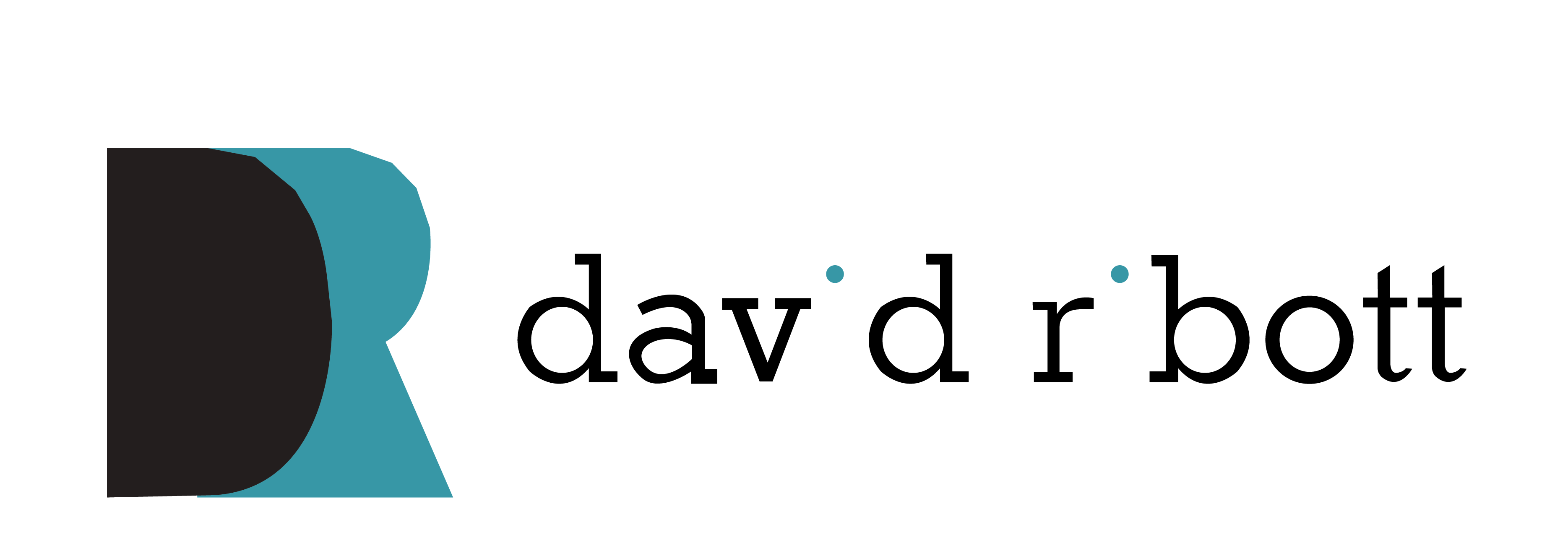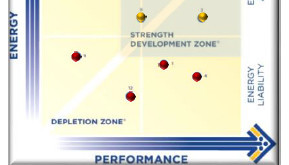The Well-being Return
There is a humanizing quality that Corporate Social Responsibility (CSR) embodies, and when used as a strategic guide embedded within an organization’s business goals, can meet employee well-being and business performance needs simultaneously for an organization.
According to OmLife, a Dubai-based company offering Corporate & Executive Wellness programs:
Some studies show $1 investment in employees health have yielded a $3 to $6 return to company.”
Investment in employee well being positively correlates to fewer sick days taken, more productive employees, higher retention, and more able to attract talent.”
While employee well being typically sits in Human Resources, if we cast the net a bit wider to integrate the principals of CSR, it provides a solid foundational complement that argues business needs and people needs can be one in the same.
Not to mention, it yields a reasonable ROI with benefits reaching into other areas such as retention, which is cause for concern for sustainable organizational performance.
[Re]framing how we nurture Outputs
An all-time favorite of mine is Stephen Covey, and one idea I would like to draw your attention to is production / production capacity (P/PC) balance for which the guiding principle is to replenish what you take by giving back to sustain productivity.
To help capture the essence of this, think of:
The business case can always be made for organizations to increase outputs, and we know from previous posts of mine the concept of saying Yes & No, and how it plays a role in accidentally influencing a workplace culture that works as a deterrent for sustainable performance.
A Workplace Culture Solution
Negative workplace culture raises stress, which manifests itself in the form of the chemical cortisol. And to paraphrase from Simon Sinek’s, Leaders Eat Last, when cortisol levels are high, people are less likely to show empathy / relate to one another, work collaboratively, or demonstrate the ability to trust: basic leadership tenets needed to succeed in today’s world of increasing VUCA (volatile, uncertain, complex, ambiguous) times.
For organizations to empower sustained capacity production along with sustainable employee health to meet those needs, a strategically integrated CSR framework that accounts for for those blended needs is a business imperative.
About David
 David is a leadership practitioner, who is passionate about creating the conditions for sustainable people development and organizational development success. His passion for sustainable success is grounded in the belief that all people and organizations can enhance their performance when the right conditions for success are intentionally cultivated at the workplace.
David is a leadership practitioner, who is passionate about creating the conditions for sustainable people development and organizational development success. His passion for sustainable success is grounded in the belief that all people and organizations can enhance their performance when the right conditions for success are intentionally cultivated at the workplace.






